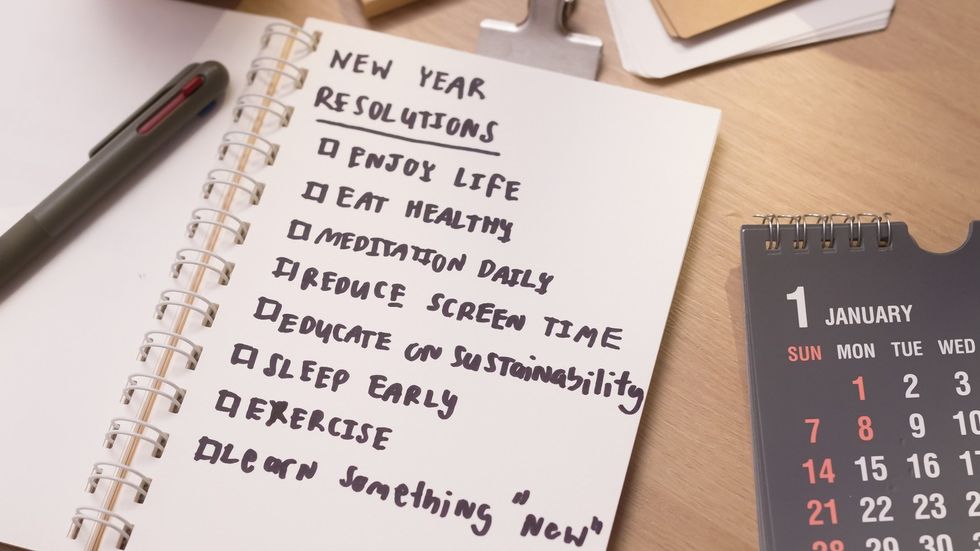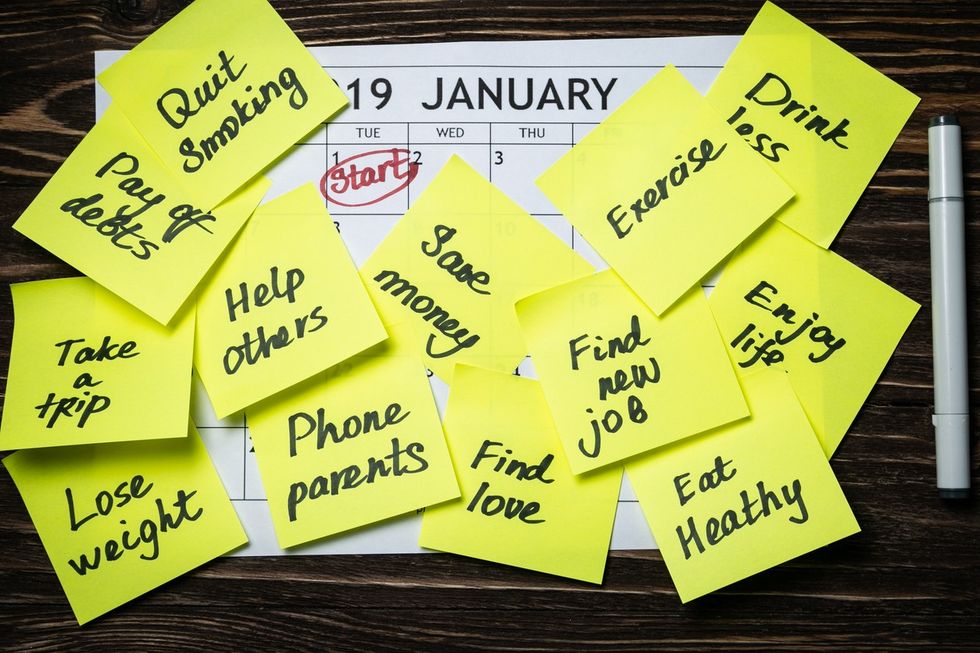BRITISH retail sales fell by the most on record in March as a surge in food buying for the coronavirus lockdown was dwarfed by a plunge in sales of clothing and most other goods, official figures showed on Friday (24).
Sales volumes plunged by 5.1 per cent in March from February, the sharpest drop since the Office for National Statistics records began in 1996. It was also a bigger fall than the median forecast for a drop of 4.0 per cent in a Reuters poll of economists.
The data covered the period from March 1 to April 4 including two weeks of the government's shutdown of much of the economy.
Britain's economy could he heading into its deepest recession in more than 300 years, according to the country's budget forecasters, even after the finance ministry and the Bank of England rushed out a string of emergency stimulus measures.
"With widespread lockdowns only beginning around the middle of March, retail spending looks like it will fall by much more in April," said Thomas Pugh, an economist with Capital Economics, adding a monthly fall of 20-30 per cent was possible.
"Clearly there is huge uncertainty as to how deep the downturn proves and how long restrictions remain in place, a fall in the region of 25 per cent in GDP over the next few months seems likely," he said.
Britain's store-based retailers, outside of food, have been severely hit by the lockdown to counter the pandemic, with already-weak firms such as Laura Ashley, Debenhams and Oasis Warehouse falling into administration over the past month.
The ONS said a longer-running series that excludes fuel sales dropped by the most since it began in 1988, down by 3.7 per cent on the month.
Food sales volumes were up by a record 10.4 per cent in March from February as people stocked up for the government's stay-at-home order.
While sales of alcohol at specialist stores rose by a record 31.4 per cent, clothing sales tumbled by 34.8 per cent, the ONS said.
Compared with March last year, total sales were down 5.8 per cent, also a bigger fall than expected by economists in the poll and the largest on record.
Department stores saw monthly sales growth in March -- up 2.8 per cent -- helped by their online sales capability. Non-store retailing, covering online, rose 5.9 per cent.
No "unsafe" changes to restrictions
Britain will keep lockdown measures in place until it is safe to ease restrictions despite the economic costs of the rules, Health Secretary Matt Hancock told BBC Radio this morning.
"I will not allow for changes to be made that are unsafe. We've got to keep the public safe. And I understand the economic pressures, that is my background and I care deeply about that," he said, adding that getting the number of cases down was the best thing for the economy and that a second spike would be economically damaging.
"I understand those voices who are saying that we should move sooner, but that is not something we're going to do. We're going to move when it is safe to do so."

























